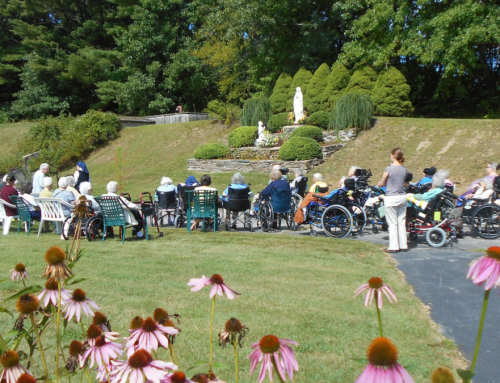If you’ve heard the term “Palliative Care” but are not sure exactly what it is or what it means, then you’re not alone. Palliative care is a medical specialty that focuses on providing both comfort and support to patients who have serious illnesses, regardless of the stage or prognosis of their disease. The main goal of palliative care is to improve the quality of life for both the patient and their family by addressing their physical, emotional, social, and spiritual needs. However, palliative care is not the same as hospice care, which is typically only provided in the final stages of a patient’s life.
The bottom line is that palliative care is incredibly helpful at any stage of a serious illness, from diagnosis to end of life. In addition, it can be provided alongside curative or life-prolonging treatment. The main focus of palliative care is based on relieving the symptoms and side effects of a serious illness, such as pain, fatigue, shortness of breath, and nausea. It also helps with the psychological, social, and spiritual needs of patients and their families by providing them with the ability to cope with the emotional impact of a serious illness.
Palliative care also helps patients, and their families make difficult decisions about treatment options. Palliative care is provided by a team of healthcare professionals that includes doctors, nurses, social workers, chaplains, and other specialists. This team works together in order to develop a personalized plan of care that addresses the needs of each patient and their family. The goal is to improve the quality of life for both the patient and their family by reducing suffering, increasing comfort, and helping them to feel more in control of their illness and treatment.
Palliative care focuses on the person, not just their physical symptoms. This can include providing counseling and support, connecting patients and their families with community resources, and addressing any financial or practical concerns that may arise from a serious illness. Palliative care also coordinates care between the various healthcare providers.
This is incredibly important for patients who have complex medical needs. The bottom line is that palliative care ensures that all of the patient’s healthcare providers are working together in order to provide the best possible care. This goes a long way in avoiding duplicate tests, treatments, and medications, which of course significantly reduces the risk of side effects. The process also improves the overall quality of care.
Please contact us today for more information about our palliative care programs.
Matulaitis Rehabilitation and Skilled Care is the leading non-profit skilled nursing facility in Northeast Connecticut. We are proud to receive top national rankings and the highest five-star rating from Medicare’s Nursing Home Compare. Our dedicated staff combines renowned care and exceptional nursing skills with a holistic approach. We fully realize that the restoration of your health and well-being after an illness, operation, or injury can be incredibly difficult.
Our long-term care features attention to the whole person, assuring individualized care for fullness of living, spiritual welfare, and providing a sense of community with enriching programming. We invite you to learn more about our special smoke-free facility as you consider your own or a loved one’s needs.






